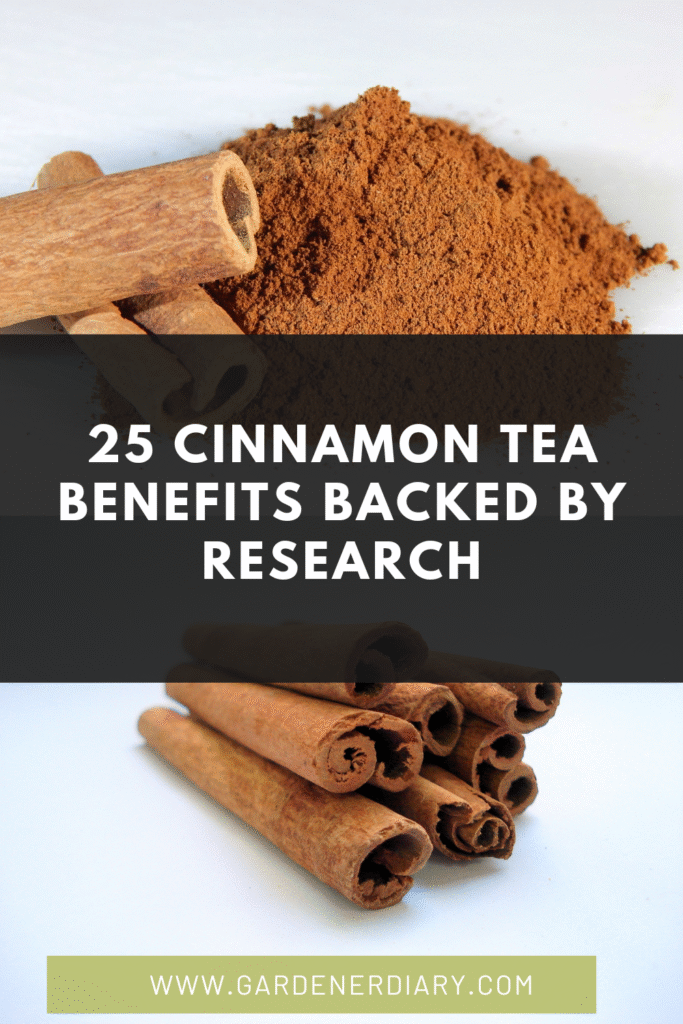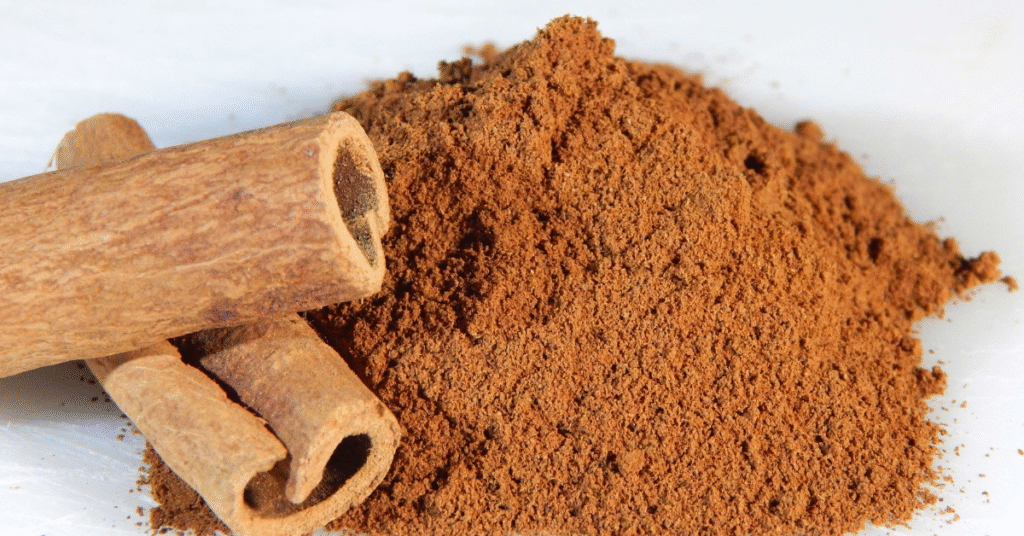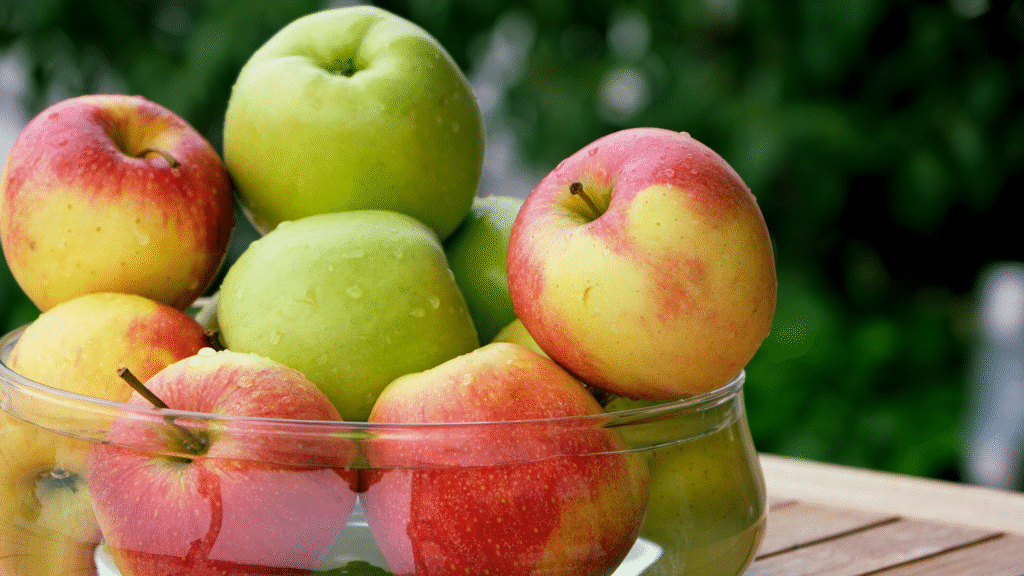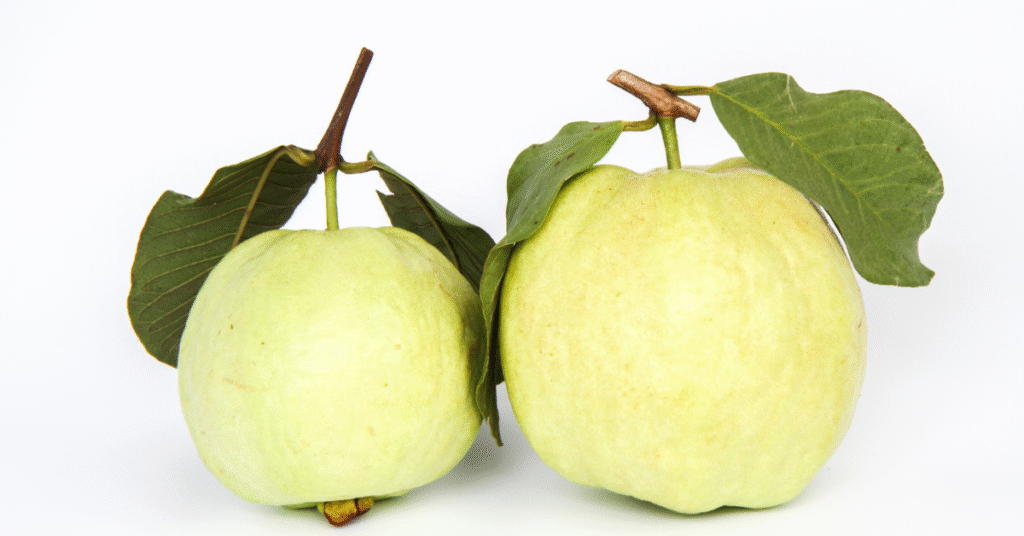25 Cinnamon Tea Benefits: Unlocking the Power of This Ancient Spice for Your Health
From the fragrant kitchens of ancient civilizations to modern wellness routines, cinnamon has captivated humanity with its warm, sweet, and comforting aroma. More than just a culinary delight, this beloved spice, derived from the inner bark of Cinnamomum trees, has been revered for its medicinal properties for millennia. While often enjoyed in baked goods or savory dishes, consuming cinnamon tea offers a simple yet potent way to harness its impressive health benefits. This comprehensive guide will explore 25 remarkable ways this aromatic brew can contribute to your well-being, backed by scientific insights and practical tips.
The Nutritional Profile of Cinnamon
Cinnamon owes its powerful health effects to its unique essential oils and compounds, particularly cinnamaldehyde. It’s also a source of various nutrients, albeit in small amounts due to typical serving sizes, including:
- Manganese
- Fiber
- Calcium
- Iron
- Small amounts of Vitamins K and E
However, its true strength lies in its abundance of powerful antioxidants and anti-inflammatory compounds.
25 Top Benefits of Cinnamon Tea for Your Health
1. Rich in Powerful Antioxidants
Cinnamon is loaded with antioxidants, such as polyphenols, which protect your body from oxidative damage caused by free radicals. This damage can contribute to aging and many diseases. In fact, cinnamon ranks highly among spices for its antioxidant content. Regularly consuming cinnamon tea can help bolster your body’s defenses against cellular damage. The antioxidant and anti-inflammatory properties of cinnamon have been extensively studied, as highlighted in various research papers, including this detailed review on its potential health benefits.
2. Potent Anti-inflammatory Properties
Chronic inflammation is a root cause of many chronic diseases, including heart disease, cancer, and neurodegenerative disorders. The compounds in cinnamon, particularly cinnamaldehyde, have been shown to possess significant anti-inflammatory effects. Drinking cinnamon tea may help reduce systemic inflammation, contributing to overall health and potentially alleviating symptoms of inflammatory conditions. This anti-inflammatory action is a key aspect of cinnamon’s therapeutic profile, with ongoing research exploring its full potential, as discussed in recent scientific literature on its antioxidant and anti-inflammatory benefits.
3. May Help Lower Blood Sugar Levels
One of the most well-known and researched benefits of cinnamon is its potential to improve blood sugar control. It does this by several mechanisms:
- Improving Insulin Sensitivity: Cinnamon can significantly increase insulin sensitivity, making insulin more efficient at moving glucose from the bloodstream into cells.
- Slowing Carbohydrate Breakdown: It can slow the breakdown of carbohydrates in the digestive tract, which reduces the amount of glucose entering the bloodstream after a meal.
These effects make cinnamon tea a popular complementary remedy for individuals with insulin resistance or type 2 diabetes. Studies, such as those published in BMC Complementary Medicine and Therapies, have investigated cinnamon’s role in glucose metabolism.
4. May Improve Heart Health (Cholesterol & Triglycerides)
Cinnamon may contribute to a healthier cardiovascular system by impacting several risk factors for heart disease. It has been shown to reduce levels of total cholesterol, LDL (“bad”) cholesterol, and triglycerides, while maintaining HDL (“good”) cholesterol levels. Its anti-inflammatory and antioxidant properties also protect heart tissue and blood vessels from damage.
5. May Support Brain Function & Protect Against Neurodegenerative Diseases
Emerging research suggests that cinnamon may have protective effects on brain health. Compounds in cinnamon appear to inhibit the buildup of tau protein, a hallmark of Alzheimer’s disease, and may protect neurons from oxidative stress. While more human studies are needed, these findings are promising for its potential role in cognitive health and memory.
6. May Aid in Weight Management
While not a magic bullet, cinnamon tea may play a supportive role in weight management. Its potential to regulate blood sugar can help curb cravings and reduce fat storage by improving insulin sensitivity. Some studies suggest it may increase metabolism and promote feelings of fullness, which can lead to reduced calorie intake. Research has explored the effectiveness of cinnamon tea in reducing weight in certain populations. This aligns with broader efforts towards wellness, such as understanding how to use guava leaves for flat tummy.
7. May Have Broad Antimicrobial Properties
Cinnamon’s essential oils, particularly cinnamaldehyde, have demonstrated significant antimicrobial activity against various harmful microorganisms. This property makes cinnamon tea a potential natural aid in fighting off certain infections, offering a broad spectrum of protection. This antimicrobial action is a key aspect of cinnamon’s therapeutic profile, with ongoing research exploring its full potential, as discussed in scientific literature on its antioxidant, anti-inflammatory, and antimicrobial benefits.
8. May Fight Bacterial Infections
Specific studies have shown cinnamon’s effectiveness against various bacteria, including those responsible for common foodborne illnesses like *Salmonella* and *E. coli*. The compounds in cinnamon can disrupt bacterial cell membranes, inhibiting their growth and spread.
9. May Fight Fungal Infections (e.g., Candida)
Cinnamon has also shown promising antifungal properties, particularly against *Candida albicans*, a yeast responsible for common fungal infections. Regular consumption of cinnamon tea may help inhibit the growth of these fungi, contributing to a healthier internal balance.
10. May Relieve Menstrual Cramps & PMS Symptoms
For centuries, cinnamon has been used in traditional medicine to alleviate menstrual discomfort. Its anti-inflammatory and antispasmodic properties may help reduce the severity of menstrual cramps (dysmenorrhea) and other symptoms associated with PMS, such as nausea and fatigue.
11. May Aid Digestion & Reduce Bloating
Cinnamon has long been used to support digestive health. It can help soothe an upset stomach, reduce bloating, and alleviate gas by breaking down food more efficiently and calming the digestive tract. Its carminative properties help relax the digestive muscles, promoting smoother digestion and reducing discomfort after meals.
12. May Boost Immunity & Fight Colds/Flu
Thanks to its rich antioxidant content and antimicrobial properties, cinnamon can contribute to a stronger immune system. By fighting off free radicals and inhibiting the growth of harmful pathogens, it helps your body’s natural defenses function more effectively, potentially reducing the frequency and severity of common colds, flu, and other seasonal ailments.
13. May Freshen Breath & Improve Oral Health
Cinnamon’s strong, pleasant aroma and potent antimicrobial properties make it a natural breath freshener. It can help combat bacteria in the mouth that cause bad breath and contribute to tooth decay and gum disease. A rinse with cool cinnamon tea can leave your mouth feeling fresh and clean.
14. May Support Skin Health (Indirectly)
While direct topical application of cinnamon is not typically recommended for skin due to its potency (and potential for irritation, as discussed in side effects of aloe vera on face, for example), the internal benefits of cinnamon tea can indirectly support skin health. Its anti-inflammatory and antioxidant properties help reduce systemic inflammation and oxidative stress, which are factors in various skin conditions like acne and premature aging. A healthy body often translates to healthy skin, much like the general benefits of aloe vera for skin.
15. May Have Antiviral Properties
Beyond bacteria and fungi, some research indicates that cinnamon compounds may also exhibit antiviral activity, potentially helping to inhibit the replication of certain viruses. This adds another layer to its immune-boosting potential.
16. May Have Antiparasitic Properties
Traditional medicine has long used cinnamon for its antiparasitic effects. Modern research is beginning to explore its potential to combat certain parasites, both internally and externally, though more studies are needed to confirm these effects in humans.
17. May Help Reduce Blood Pressure
Some studies suggest that cinnamon may contribute to lowering blood pressure, particularly in individuals with hypertension. While the exact mechanisms are still being researched, its anti-inflammatory and antioxidant effects, along with potential impacts on blood vessel function, are thought to play a role.
18. May Alleviate Joint Pain (due to Anti-inflammatory Effects)
Given its strong anti-inflammatory properties, cinnamon tea may offer relief for individuals suffering from joint pain associated with conditions like arthritis. By reducing inflammation, it can potentially decrease discomfort and improve mobility.
19. May Improve Gut Health
A healthy gut microbiome is crucial for overall health. Cinnamon may act as a prebiotic, nourishing beneficial gut bacteria while inhibiting the growth of harmful ones. This can lead to a more balanced digestive system and improved nutrient absorption.
20. May Help with PCOS Symptoms (Insulin Sensitivity Link)
Polycystic Ovary Syndrome (PCOS) is often linked to insulin resistance. Given cinnamon’s ability to improve insulin sensitivity, it has been studied as a potential natural aid for managing PCOS symptoms, including irregular menstrual cycles.
21. May Act as a Natural Pain Reliever (General Analgesic)
Beyond specific conditions, cinnamon’s anti-inflammatory and antispasmodic properties may contribute to a general analgesic (pain-relieving) effect, making cinnamon tea a comforting beverage for various minor aches and discomforts.
22. May Reduce Nausea
The warm, soothing properties of cinnamon tea can help calm an upset stomach and reduce feelings of nausea, whether from motion sickness, morning sickness (consult a doctor), or general digestive upset.
23. May Enhance Memory & Learning (Cognitive Link)
Beyond its protective effects against neurodegenerative diseases, some preliminary studies suggest that cinnamon may directly enhance cognitive function, including memory and learning abilities, potentially by improving blood flow to the brain and protecting brain cells.
24. May Contribute to Bone Health (Manganese Content)
Cinnamon is a good source of manganese, a trace mineral essential for bone formation and metabolism. While not a primary source, regular consumption of cinnamon tea can contribute to your daily intake of this important mineral, supporting bone density and strength.
25. May Have Anti-Cancer Properties (Preliminary Research)
Exciting preliminary research, primarily in test-tube and animal studies, suggests that cinnamon may have anti-cancer properties. It appears to inhibit the growth of cancer cells, induce programmed cell death (apoptosis), and reduce the formation of blood vessels in tumors. While human studies are needed, these findings highlight cinnamon’s potential in cancer prevention research.
How to Make Cinnamon Tea
Making cinnamon tea is incredibly simple, allowing you to enjoy its benefits with ease.
Method 1: Using Cinnamon Sticks
- Ingredients: 1-2 cinnamon sticks (preferably Ceylon cinnamon), 1 cup (240ml) water. Optional: honey, lemon slice.
- Instructions:
- Bring water to a boil in a small saucepan.
- Add cinnamon sticks to the boiling water.
- Reduce heat to low, cover, and simmer for 10-15 minutes (or longer for a stronger flavor).
- Remove from heat, let steep for a few more minutes.
- Strain out the cinnamon sticks. Add honey or lemon if desired.
Method 2: Using Ground Cinnamon
- Ingredients: ½ – 1 teaspoon ground cinnamon, 1 cup (240ml) hot water. Optional: honey, lemon slice.
- Instructions:
- Place ground cinnamon in a mug.
- Pour hot water over the cinnamon.
- Stir well to combine. Let it steep for 5-10 minutes, allowing the cinnamon particles to settle at the bottom.
- Carefully sip, leaving the sediment at the bottom. Add honey or lemon if desired.
Important Considerations & Precautions
While cinnamon tea offers many benefits, it’s important to be aware of potential considerations, especially regarding the type of cinnamon.
- Cassia vs. Ceylon Cinnamon:
- Cassia Cinnamon: The most common type found in supermarkets. It contains a compound called coumarin, which can be harmful to the liver in large doses, particularly with high, regular consumption.
- Ceylon Cinnamon (“True Cinnamon”): Contains very little coumarin and is generally considered safer for regular, long-term consumption in larger quantities.
For daily consumption of cinnamon tea, especially if you drink it frequently, opting for Ceylon cinnamon is a safer choice.
- Moderation is Key: Even with Ceylon cinnamon, moderation is advisable. Excessive consumption of any supplement or herb can lead to unforeseen effects.
- Blood Sugar Medication: If you are on medication for diabetes or blood sugar control, consult your doctor before regularly consuming cinnamon tea, as it can lower blood sugar and potentially lead to hypoglycemia.
- Pregnancy & Breastfeeding: Pregnant or breastfeeding women should consult their doctor before using cinnamon in medicinal quantities.
- Allergies: While rare, some individuals may be allergic to cinnamon, experiencing skin irritation or digestive upset.
For a broader understanding of how various natural ingredients can impact health and potential side effects, you might find our guide on side effects of aloe vera on face insightful, as it discusses similar principles of caution with natural remedies.
Conclusion: Sip Your Way to Better Health
Cinnamon tea is far more than just a comforting beverage; it’s a potent elixir packed with antioxidants and compounds that offer a wide array of health benefits. From its remarkable ability to help regulate blood sugar and reduce inflammation to its potential in supporting heart health, brain function, and immunity, this ancient spice continues to impress with its therapeutic versatility.
Incorporating a warm cup of cinnamon tea into your daily routine is a simple, delicious, and effective way to harness the power of this incredible spice. Remember to choose Ceylon cinnamon for regular consumption and always consult with a healthcare professional if you have underlying health conditions or are taking medications. Sip your way to better health and enjoy the aromatic journey!



